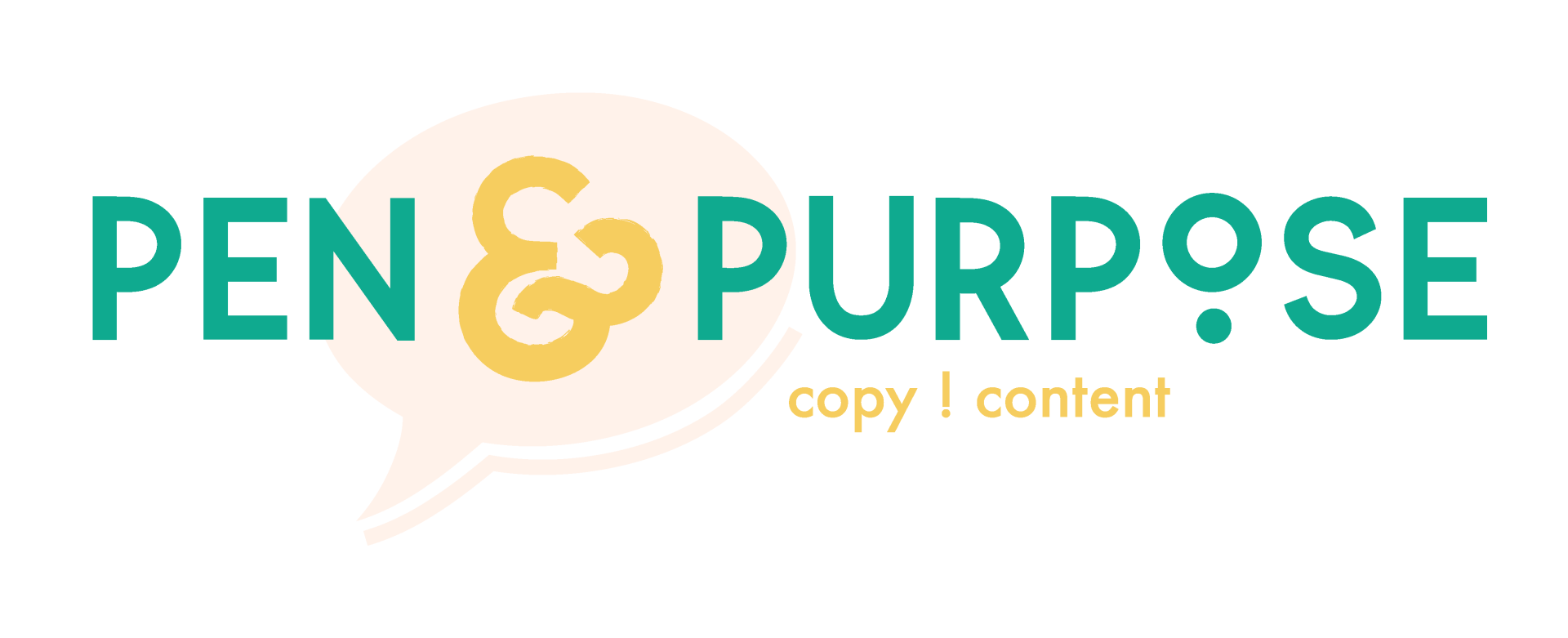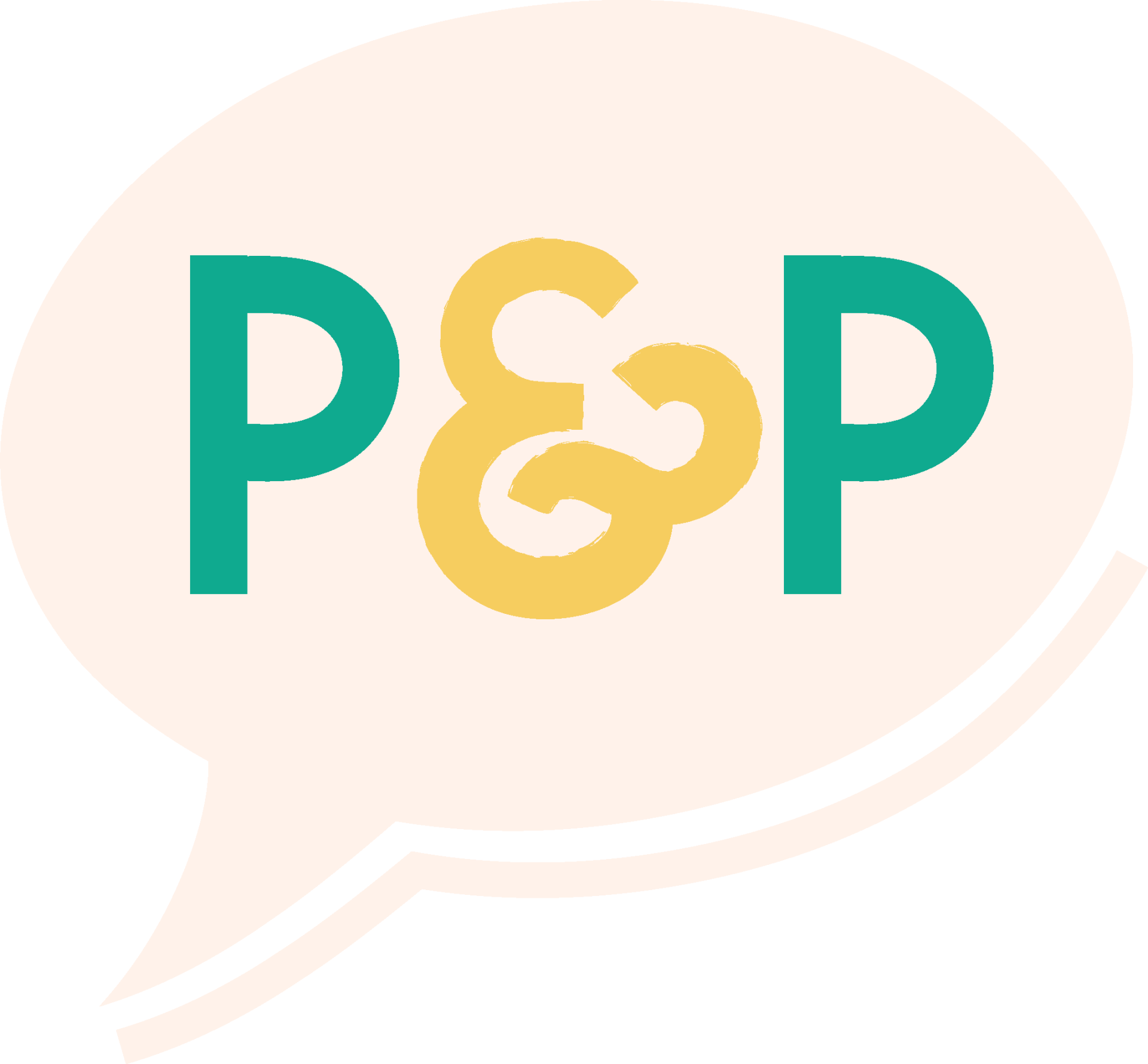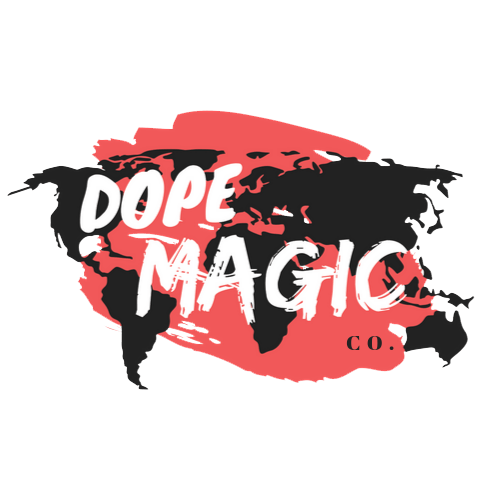How to Nail Your About Page
It’s the second most viewed page on your website. You need to nail it, and you will, using two rules!
Rule #1: It’s not about you.
Buyers don’t read your About page because they want to know about you. They want to know how you relate to them.
Rule #2: Connect emotionally.
Emotion is the most influential driver in a purchase decision, and emotionally-connected customers are more valuable to your overall business.
You create an emotional connection by defining how your brand can fulfill their subconscious, emotional needs.
Ready to write your About page? Do the following:
- Know your brand story. If you haven’t read Donald Miller’s Building A Story Brand, I highly recommend you do. You can even borrow my copy. The book walks you through filling out a brand script, which gives you all the elements you need for your brand story. It’s funny, easy to read, and so helpful. You’ll get much more out of reading it and filling out your brand script than how to write a great About page. You can also search “brand story” and have a screen full of free, low-commitment resources available for helping you create yours.
- Appeal to emotional motivators. Emotional motivators drive customers’ behaviors. Identify the emotional desires your customers have and how your brand fulfills them. The Harvard Business Review’s 2015 Study The New Science of Customer Emotion does an excellent job of defining the most common emotional motivators and discussing how brands leverage them to win customers. It’s worth taking the time to figure this out. Buyers are overwhelmed with options and information. When faced with making a purchase decision, they rely on what they feel is the right decision. You create that feeling by appealing to their emotional motivators.
- Connect every sentence to your customer. Delete any information that you can’t relate back to your buyer. It’s great that you like to travel; how does that help you serve your customers better? Customers want to know you in the context of your relationship with them. Your work experience, family, accolades, education, hobbies, personal challenges, and values influence how you serve your customers. Your “About” page needs to tell them how.
- Poll your audience. Ask your customers what they like most about working with you. You’ll find many of them describe the way you make them feel, or something specific about you, which made them feel connected. Weave their description of you into your story.
- Include a call to action (CTA). Be clear and specific about what your customers should do next. Your About page needs to lead your readers to get more emotionally invested in your brand. Depending on your business, that could mean a consultation request, connecting the customer to your products, signing up to receive emails, or making a purchase. Know your CTA before you write your page and then create copy that drives them towards clicking.
Your About page is second only to your Home page in terms of views and importance. It’s not about you, it’s about your customers, and it’s your chance to connect emotionally with them. Remember that, and use the tips above to nail your About page. It will better serve your customers and your business.
Pen & Purpose


BE my penpal
Get free tips monthly straight to your inbox!





